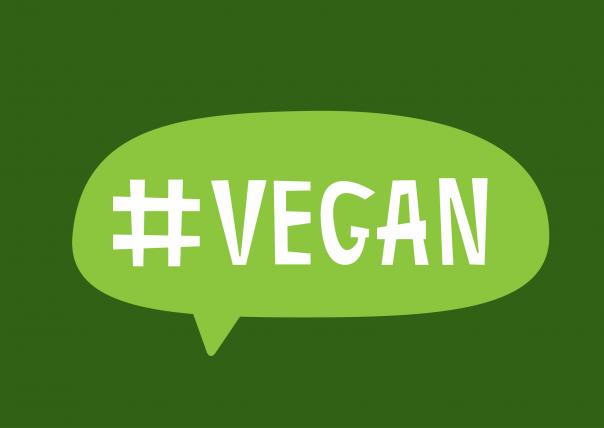
The research by the Massachusetts Institute of Technology was investigating strategies to shift consumers to more sustainable diets.
The independent Climate Change Committee, which advises the UK Government, has recommended a 20% reduction in meat and dairy consumption by 2030. This was echoed in an industry-wide campaign in 2020, supported by Public Sector Catering magazine, to encourage caterers to aim for ‘20% less but better meat’ on menus.
Alex Berke of Massachusetts Institute of Technology Media Lab, who led the research, was quoted in The Times as saying: “While labelling menu items as vegetarian or vegan is typical, our results show the labels often deter customers from choosing these more sustainable options.”
The full research is published in the September issue of the journal Appetite under the title - ‘The negative impact of vegetarian and vegan labels: Results from randomized controlled experiments with US consumers’.
The new research included two experiments. The first involved nearly 160 subjects who attended events at an American university at which a meal was served.
There was a hummus wrap, which contained only plant-based ingredients. Alternatively, they could choose a Greek salad, which included dairy.
For some of the participants, the hummus dish was labelled as vegan. Out of this group, about a third of the subjects chose it, while two thirds went for the non-vegan Greek salad.
For other participants, there were no labels. This time, about two thirds went for the vegan hummus and a third opted for the non-vegan alternative. The vegan dish had gone from being the less popular to the more popular choice.
This was then followed by another, larger experiment involving 700 participants, all meat eaters, who were each shown five menus. Each time they had to choose between two dishes. The choices were two vegetarian, two vegan, vegan versus vegetarian, vegan versus meat and vegetarian versus meat.
For some of the participants, any vegan and vegetarian option was labelled, while for others they were not. However, everyone was given a description of the ingredients that indicated if it contained any meat or dairy. When there were no labels, about 10% more people opted for a vegetarian or vegan meal.
Berke added: “The study suggests these labels do more harm than good and should be removed from menus in order to encourage more sustainable eating and normalise the consumption of vegetarian and vegan meals, which is critical for mitigating the climate crisis. This is a relatively simple and low-cost change.”